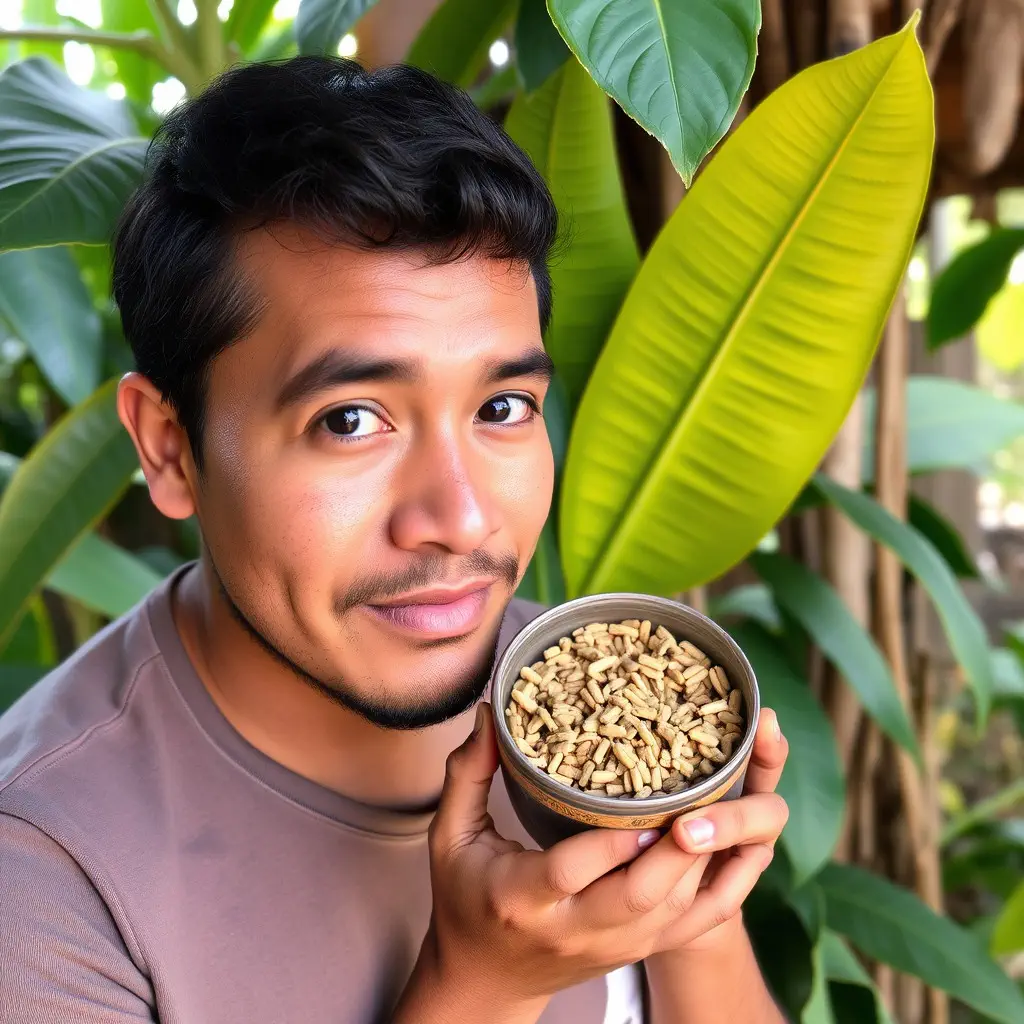Opioid withdrawal is challenging, with physical and emotional symptoms. Barberry root tea, a natural anti-inflammatory, shows promise in managing these symptoms. Kratom, derived from barberry root, offers a low-risk alternative to manage opioid withdrawal by regulating mood, reducing anxiety, and alleviating discomfort. While effective, consulting healthcare professionals before using kratom is crucial.
- Understanding Opioid Withdrawal and Kratom as a Potential Aid
- – Explain opioid withdrawal symptoms and their challenges.
- – Introduce kratom as a natural alternative for symptom management.
Understanding Opioid Withdrawal and Kratom as a Potential Aid
Opioid withdrawal symptoms can be intense and challenging to manage. They often include physical discomfort such as nausea, sweating, tremors, and anxiety, as well as emotional fluctuations. For those looking for alternative methods to alleviate these symptoms, kratom has emerged as a potential aid.
Kratom, derived from the leaves of the Mitragyna speciosa plant, is known for its analgesic and stimulant properties. Similar to opioids in some ways, kratom interacts with opioid receptors in the brain, but it produces fewer adverse effects and carries a lower risk of dependence. One popular form of kratom used for withdrawal is barberry root tea, which offers a gentle yet effective way to manage symptoms without the harsh side effects often associated with pharmaceutical medications. The natural compounds in barberry root tea can help regulate mood, reduce anxiety, and alleviate physical discomfort, potentially making the opioid withdrawal process more manageable for those seeking alternative solutions.
– Explain opioid withdrawal symptoms and their challenges.
Opioid withdrawal symptoms can be intense and challenging to manage. When individuals dependent on opioids suddenly stop using, they may experience a range of physical and emotional discomforts, including severe pain, muscle aches, nausea, vomiting, diarrhea, insomnia, anxiety, depression, and intense cravings. These symptoms can make it difficult for people to function in their daily lives and can even pose significant health risks.
Barberry root tea, known for its natural anti-inflammatory and analgesic properties, has been explored as a potential support mechanism for managing opioid withdrawal symptoms. While scientific research is still ongoing, some studies suggest that compounds found in barberry root may help alleviate pain, reduce inflammation, and ease some of the uncomfortable side effects associated with opioid cessation. However, it’s crucial to approach alternative treatments like barberry root tea as complementary therapies alongside professional medical care for optimal support and safety during withdrawal.
– Introduce kratom as a natural alternative for symptom management.
Kratom, derived from the leaves of the tropical tree Mitragyna speciosa, has gained recognition as a natural alternative for managing opioid withdrawal symptoms. Often used in the form of barberry root tea, kratom contains compounds that interact with opioid receptors in the brain and body, helping to alleviate withdrawal pains, restlessness, and cravings. This plant-based solution offers a promising path for those seeking to break free from the grip of opioids without exposing themselves to harsh pharmaceutical alternatives.
Unlike traditional medications, kratom’s effects can vary depending on the strain and dosage, providing individuals with more control over their symptom management. Its accessibility and relatively low risk profile make it an attractive option for those looking to complement other withdrawal treatments or explore a natural approach to healing. However, it’s essential to consult healthcare professionals before incorporating kratom into any withdrawal strategy due to its complex effects on the body and potential interactions with other substances.
Kratom, derived from the bark of the Mitragyna speciosa tree, has gained recognition as a potential natural aid for managing opioid withdrawal symptoms. Similar to barberry root tea, kratom contains compounds that can help alleviate physical and psychological cravings, making it a promising alternative for those seeking to detoxify from opioids. While more research is needed, many find this herbal supplement beneficial in their journey towards recovery. Remember that, like any substance, individual responses may vary, and consulting healthcare professionals before attempting withdrawal is crucial.






